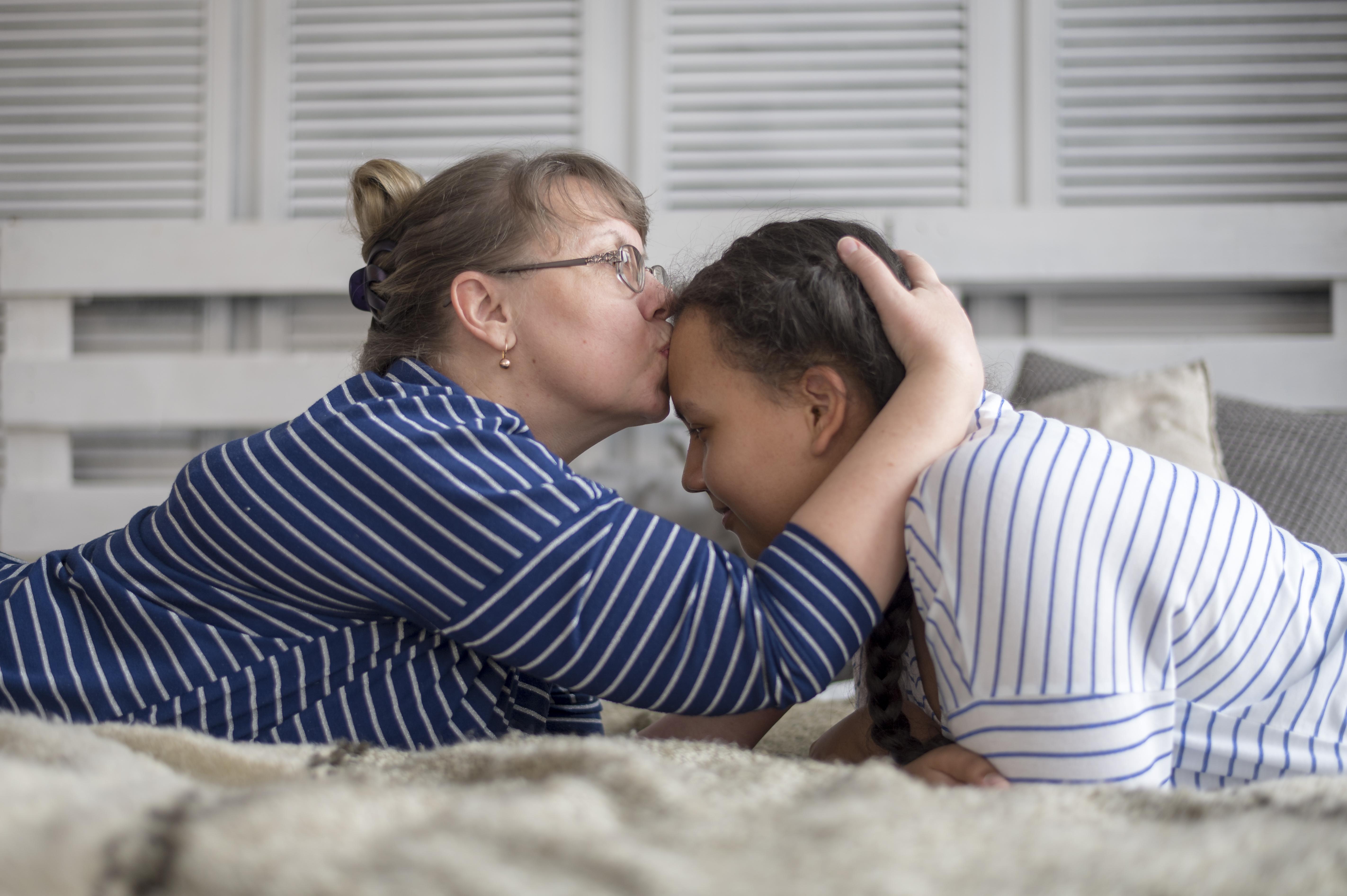“At the head of the table is almost always the school principal. Not a neutral facilitator, but a gatekeeper balancing limited resources, district priorities, and political pressures.”
That sentence from Canary Collective landed in my body like a gavel.
It captured what years of documentation, grief, strategic disillusionment, and moral injury have etched into my memory—because I, too, have sat across from that gatekeeper, wearing the face of cordiality and compliance, weaponised in pastel tones and a can-do cadence, repeating words like collaboration and support while quietly imposing choices that destroy my children.
The emotional chasm between sincerity and structure
It is true that the School-Based Team is meant to support. It is true that teachers and resource staff often enter those rooms with genuine concern, practical insight, and sometimes even the courage to name what is happening. And it is also true—profoundly, devastatingly true—that the outcome of those meetings rarely reflects their moral intent. In our case, I believe the resource teacher wanted my children to be supported. I saw it in the furrow of her brow, in the way her hands trembled when she presented the list of things that hadn’t yet been done. I saw it in the tears that almost fell, but didn’t, because the room would have no place for her grief. I do not doubt her sincerity. I doubt only the structure that placed her inside a system where that sincerity was bound, silenced, and made inconsequential by design.
-
The unseen wounds of advocacy: caregiver burnout, moral injury, and embodied grief
Caregiver burnout in BC schools reflects moral injury and systemic betrayal, as mothers fight exclusion and harm while advocating for disabled children.
Toxic positivity as performance of inclusion
The principal, by contrast, never broke. Her tone remained upbeat. Her voice remained steady. When concerns were raised, she pivoted to “strength-based language.” When my daughter was excluded from a field trip, the response was a reframe. And when I documented the cumulative harm in a carefully-worded email, her reply included the phrase, “Thank you for your feedback.” This is not inclusion. This is theatre. This is emotional control masquerading as leadership. This is the institutionalisation of toxic positivity, where real harm must be converted into gratitude before it is allowed to be heard—and where no amount of documentation will ever be more powerful than the principal’s tone.
The professional metaphor that haunts me
I am a systems designer by profession. I manage projects where budgets are thin, timelines are tight. And still, when an accessibility bug comes up, I fight to make the bug report visible—to resist the temptation to deprioritise the issue we all quietly know is there. But in schools, I see the exact pattern I try to disrupt being played out in real time on my child’s body. There is a known issue. There is no ticket. There is nobody willing to own it. And when it finally does surface, it arrives too late to be fixed because we are already in deployment, because we are already exhausted, because the budget cannot stretch to hold one more repair. The difference is that my projects do not weep when unmet. My projects do not internalise neglect. My projects do not lie awake at night believing they are the problem.
-
When pain gets too close: Affective economies and the emotional cost of advocacy
I have always been someone who made people uneasy unless I carefully managed my presence—someone whose attention lands too directly, whose knowing shows too quickly, whose intensity disrupts the emotional choreography expected of mothers who ask nicely, grieve quietly, and remain grateful for…
Performative accessibility and the shifting of burden
What Canary Collective names so clearly—that “solutions” often focus on managing the student rather than transforming the environment—mirrors what I have lived across countless meetings, emails, and appeals. The language of change is deployed liberally: goals will be revisited, plans will be adjusted, new approaches will be considered. But the child’s distress remains the fulcrum on which all action turns. It is the child who must prove readiness. It is the child who must regulate. It is the child who must earn support by suffering visibly enough to satisfy the team’s threshold for “need.” And if they do not cry loudly enough—if they remain quiet, high-achieving, withdrawn, or avoidant—they are deemed to be coping. If they cry too loudly, they are escalated, documented, or suspended.
-
The right amount of agony in BC schools
After watching my children endure eight years of institutional failure, eight years of exclusion disguised as discipline and support withheld under the language of inclusion, I have come to several conclusions. Certain forms of suffering—like being agonised inside—do not draw support because they…
Austerity as ideology, not necessity
All of this is shaped by scarcity—but not just the fiscal kind. There is emotional scarcity, moral scarcity, relational scarcity. There is the slow depletion of imagination that happens when staff are punished for honesty, when families are pitted against each other, when care must be rationed like water in a drought. And like any system in austerity, the school’s public narrative must preserve the illusion of sufficiency. So the SBT meeting continues. The agenda is circulated. The note-taker is assigned. The action items are logged. And the truth—that the structure is fundamentally broken—is buried under the paperwork it generates.
Toward something real, and painful, and true
I want to name what this process has done to my family. It has taught my children that they are the disruption. It has taught me that grief is not enough to prompt change. It has made me more exacting, more strategic, more precise in my advocacy—and less able to trust anyone in a leadership role who claims to care while enacting delay.
A final note, and a future call
To other parents reading this: you are not imagining it. You are not alone. The room is not neutral. And the delay is not accidental. The SBT is where systems reveal their values, and if those values harm your child, you are allowed to say so. You are allowed to ask who the meeting is really for. You are allowed to refuse the illusion of collaboration and demand something real.
Read Gatekeepers, Not Allies: The School-based Team And Your Child’s Right To Support
-
You’re not wrong: reflections on motherhood and advocacy
This piece is for the mothers who have become unrecognisable to themselves in the crucible of advocacy—those who perform calm while their bodies tremble with rage, who write polite emails through tears, who scream in the car and smile in the meeting. It…












